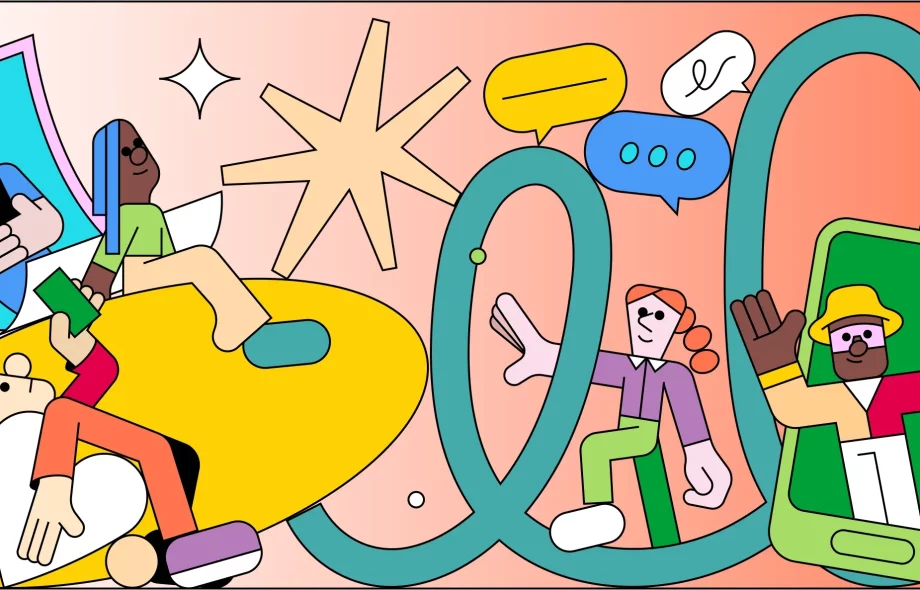Generation Z, born between 1997 and 2012, represents the first truly digital-native generation. Unlike their predecessors, Gen Z has never known a world without smartphones and social media platforms. This constant connectivity has fundamentally transformed how they communicate, learn, work, and perceive themselves.
Always Connected, Always Performing
For Gen Z, the line between online and offline life has virtually disappeared. Social media platforms like Instagram, TikTok, and Snapchat aren’t just entertainment—they’re the primary spaces where identity is constructed and relationships are maintained. The average Gen Z individual spends over 4 hours daily on their mobile device, with much of that time dedicated to social media consumption and creation.
This constant connectivity brings both opportunities and challenges. On one hand, Gen Z enjoys unprecedented access to information, global communities, and creative platforms. They can learn new skills through YouTube tutorials, build businesses on social media, and connect with like-minded individuals worldwide.
The Mental Health Paradox
However, this digital immersion comes with significant psychological costs. Studies consistently show higher rates of anxiety and depression among Gen Z compared to previous generations. The pressure to maintain a perfect online persona, combined with the addictive nature of social media algorithms, creates a cycle of validation-seeking and comparison.
The phenomenon of “compare and despair” is particularly acute among Gen Z, as they’re constantly exposed to curated highlight reels of others’ lives. This can lead to feelings of inadequacy and FOMO (fear of missing out), despite being more connected than any generation before them.
Reshaping Communication and Relationships
Gen Z has developed entirely new forms of communication through social media. From TikTok dances to meme culture, they’ve created a rich digital language that often mystifies older generations. Their relationships frequently begin and develop online, with many preferring text-based communication over phone calls.
This shift has both positive and negative implications. While Gen Z demonstrates remarkable cultural awareness and social activism through digital platforms, they also report feeling lonelier and more isolated than previous generations, highlighting the paradox of being connected yet disconnected.
Economic and Career Implications
Social media has also transformed Gen Z’s economic landscape. Many view content creation as a legitimate career path, with influencers and creators serving as role models. The gig economy, partly enabled by mobile platforms, offers new ways to earn income, from selling products on Instagram to offering services through apps.
However, this generation also faces unique economic challenges, including job market disruption by technology and the pressure to build a “personal brand” from an early age.
Looking Forward
As Gen Z continues to mature, their relationship with mobile technology and social media will likely evolve. Many are already recognizing the need for digital wellness and are actively seeking ways to create healthier boundaries with technology.
Understanding Gen Z’s complex relationship with digital platforms is crucial for parents, educators, employers, and policymakers. Rather than dismissing their digital habits, we must work to harness the positive aspects while addressing the very real mental health and social challenges that come with being the first generation to grow up fully immersed in the social media age.
The key lies in helping Gen Z develop digital literacy and emotional resilience while preserving the creativity, connectivity, and social consciousness that makes them such a remarkable generation.
 :
https://www.pinterest.com/business/hub/
:
https://www.pinterest.com/business/hub/

